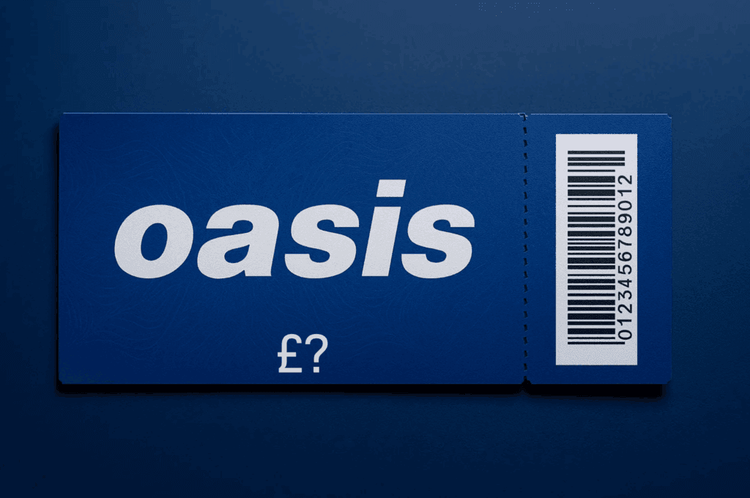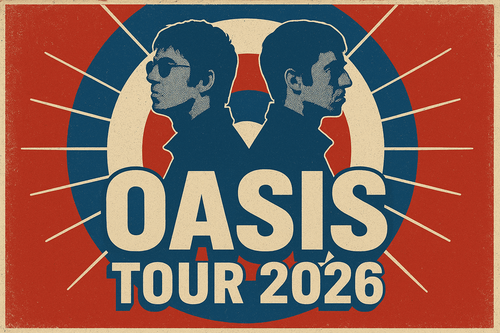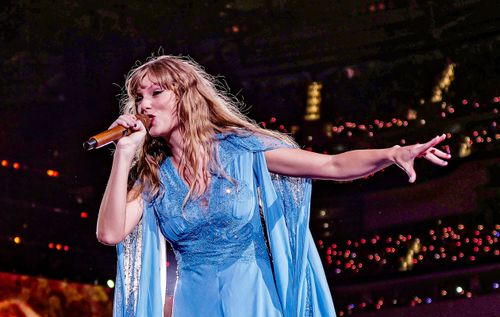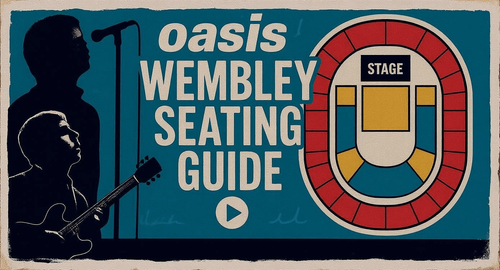What is Dynamic Pricing, How Does it Work and How You Can Avoid It
- Last Updated On
- Mark Apostolou
The dangers of dynamic pricing were laid bare last year, when, following a large fanfare, millions of Oasis fans clamoured online to queue for tickets to see the Britpop legends live. Liam and Noel had seemingly buried the hatchet (fortunately not in each other’s heads), and after a decade-plus, the Manchester band had announced their imminent reunion tour, leading to a race to secure tickets.
In countless cases, those who wanted to see Oasis live and in the flesh waited patiently by their devices for hours, and then, after much refreshing of their collective browsers, they had reached the promised land, the ticket selection screen.
It was only then that they saw the price of the tickets they so coveted, way in excess of the prices quoted, and this left many with an impossible choice. Quit and close their phones and computers, having waited for the best part of a day to get to the payment area, or stump up the inflated costs. It was a situation that left a bad taste in the mouths of many, with the band going on to apologise for the cost of tickets, with the term dynamic pricing now becoming a buzzword, but what does dynamic pricing even mean? How does it work, and is it fair?
What is Dynamic Pricing?
Dynamic pricing has been used by other industries for decades, and we never batted an eyelid, but when it entered the music and sports ticketing field, people started to take notice and object.
Think about it. When you look to book your airline ticket for your upcoming holiday, have you ever questioned the fact that the prices are not fixed and seemingly always rising? Well, that’s a form of dynamic pricing, one that we have gotten used to and even accepted.
So what is dynamic pricing? Well, those within the ticketing arena claim that it works like this. The cost of tickets rises and falls depending on the level of demand and availability. That is why, they claim, Oasis tickets were so expensive.
In some instances, tickets that started around £150 surged to £350–£355, and consumer surveys showed 91% of UK respondents believed dynamic pricing for live events should be banned.
However, the opposite is never true. In other words, ticket prices don’t fall if an event has less interest; indeed, they stay at a base price, thereby putting that lie to bed.
Highest average ticket prices for a tour in history: pic.twitter.com/d7ap97lYt3
— Pop Fusion HQ (@PopFusionHQ) July 29, 2025
How Does It Work?
Let’s look at it like this. A venue/promoter is lining up a show with a huge artist at a large venue, and they have, for example, 10,000 tickets to sell. Previously, those tickets would be separated into sections and prices based on their location, and those prices would be fixed. This means they’d make a confirmed sum for a sell-out.
However, the prospect of making even more money from fans who are desperate to see the aforementioned artist is one that can not be passed up. This is when ‘dynamic pricing’ comes in. Here, due to the demand and the fixed supply of inventory, the price from the outset will skyrocket, and because, during the initial run of the sales phase, as the supply reduces, these skyrocketing prices rise even higher, leaving those who arrive late on the scene having to pay the biggest premium of all.
This all happens in real-time and according to an algorithm, but importantly, never appears to work in reverse. In other words, if a show for a big artist or event is not selling incredibly speedily, that initial opening price won’t typically reduce.
It’s this very fact, among others, that makes music fans very unhappy about the whole contentious pricing model.
Dynamic Pricing:@Oasis: "useful tool to keep prices for most fans lower than the market rate and thus more affordable"@RobertSmith: "scam that would disappear if every artist said they don't want it. It’s just driven by greed"
— curefans (@curefans) October 13, 2024
RT for #Oasis
Like if you agree with RS #TheCure pic.twitter.com/ybwkF9JFs7
How Can I Avoid the Dynamic Pricing Model?
Now that a number of major artists allow the use of dynamic pricing, with Coldplay being a notable exception to the rule (with regards to their UK shows), fans run the risk of being ripped off at the point of sale. However, there are ways to avoid, or at best mitigate, the issues that dynamic pricing brings with it.
The best way for fans to avoid the trap that is dynamic pricing is to take the power back, and a good way to do so is to secure tickets via the resale market. This way, you are in complete control over the cost you can and are willing to pay, while also having a large selection of potential ticketing providers to select from.
This is a far more transparent way of securing the best value deals around, and via SeatPick, you can be sure of finding the best deals online.
SeatPick works with only the most reputable ticket reseller sites, and all tickets bought via our platform come with a 100% purchase guarantee.










